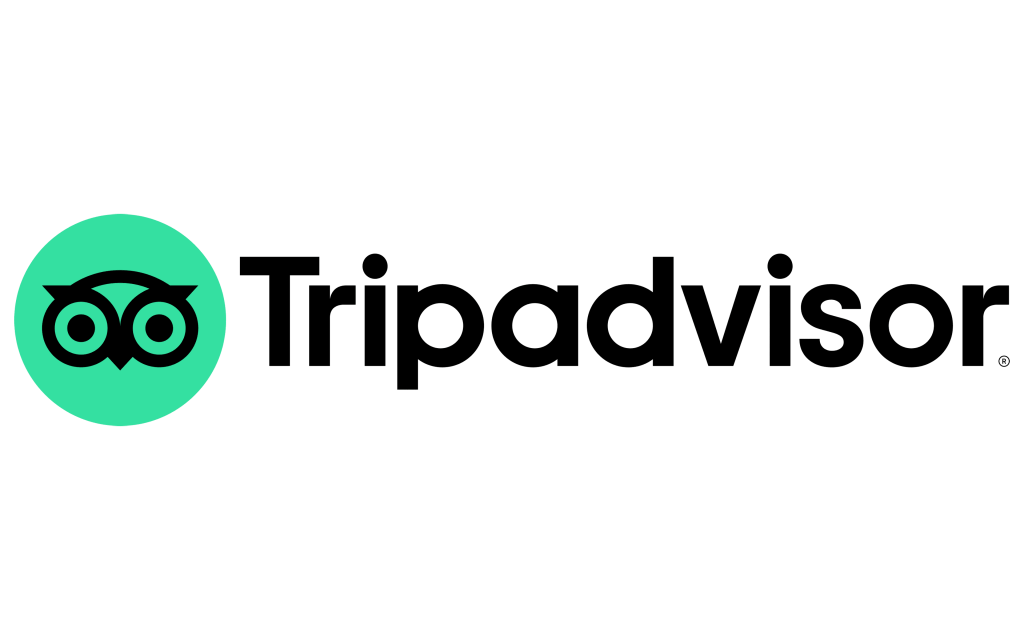Dystopian Books: 7 Common Myths Debunked
Dystopian literature captivates readers with its imaginative worlds and thought-provoking themes.
Although many dystopian novels incorporate science fiction elements, the genre spans various styles, including literary fiction, fantasy, and horror. Understanding its true nature can enhance your reading experience and appreciation for the narratives crafted by various authors. In this article, we will debunk seven common myths about dystopian series books, providing the facts and explanations behind them.
-
Myth 1: Dystopian Books Are Just for Young Adults
Fact: Dystopian literature appeals to readers of all ages.
While many popular dystopian series, such as “The Hunger Games” and “Divergent,” target young adults, the genre has a rich history that includes classics like George Orwell’s “1984” and Aldous Huxley’s “Brave New World.” These works address profound themes that resonate with adult readers, making dystopian literature a versatile genre. dystopian literature books
-
Myth 2: All Dystopian Stories Have a Happy Ending
Fact: Many dystopian narratives conclude on a somber note. dystopia books
Contrary to popular belief, not all dystopian stories wrap up neatly with a happy ending.
Classic works, such as George Orwell’s “1984” and Aldous Huxley’s “Brave New World,” continue to resonate with adult audiences, prompting discussions about freedom and control.
-
Myth 4: All dystopian societies are ruled by tyrannical governments.
While many dystopian narratives feature oppressive regimes, not all are centered around government control. Le Guin, the protagonist’s journey highlights the importance of personal freedom and the pursuit of a better society, showcasing that dystopian stories can inspire positive action.
-
Myth 4: Dystopian Books Predict the Future
Fact: They reflect current societal issues rather than predict exact futures.
Dystopian fiction often serves as a critique of contemporary society, addressing issues such as inequality, environmental degradation, and technological advancement. Works like George Orwell’s “1984” and Aldous Huxley’s “Brave New World” are staples of adult literature, demonstrating that dystopian themes resonate with readers of all ages.
-
Myth 3: Dystopian Books Are All the Same
Fact: The genre encompasses a diverse array of themes and styles.
It’s a common misconception that all dystopian books share similar plots and settings. However, many myths surround this genre, leading to misconceptions about its themes, characters, and messages. Embrace the complexity and richness of these narratives, and let them inspire you to think critically about the future.
Another important aspect is that by debunking these common myths, we can appreciate the depth, complexity, and relevance of dystopian books. Titles like “The Road” by Cormac McCarthy blend dystopian themes with literary storytelling, appealing to a broader audience.
-
Myth 7: Dystopian Books Are only Fiction
Fact: Dystopian literature can be a reflection of real-world scenarios.
Many classic dystopian novels are inspired by real historical events or societal trends, providing a cautionary tale about the potential consequences of unchecked power and societal complacency.
Dystopian novels frequently reflect social, political, and environmental issues that are very much present today. These narratives can inspire readers to reflect on their societal roles and advocate for change.
What You Should Really Know
Understanding the myths surrounding dystopian literature is crucial for appreciating its depth and relevance. However, misconceptions about these narratives often cloud our understanding. In reality, numerous dystopian works are set in contemporary or alternate timelines, reflecting societal issues relevant to the time of their writing.
Though young adult dystopian novels have gained popularity, the genre appeals to readers of all ages.
All things considered, this connection to reality enables authors to comment on contemporary issues and provoke thought among readers.
Fact: Dystopian literature often serves as a cautionary tale.
Many authors use dystopian settings to critique societal trends and warn against potential futures. For instance, in Suzanne Collins’ The Hunger Games, the journey of Katniss Everdeen illustrates courage and the fight for justice, inspiring readers even in dark scenarios.
Myth 5: Dystopian Books Are Only for Intellectuals
Fact: Dystopian literature is accessible to everyone.
Some believe that dystopian novels require advanced comprehension or philosophical insights. However, as with any popular genre, myths and misconceptions tend to arise. In this article, we will debunk seven common myths about classic dystopian literature, providing facts and explanations to enhance your understanding.
-
Myth 1: Dystopian Books Are Just About the Future
Fact: Many classic dystopian books critique contemporary society.
While dystopian narratives often explore future scenarios, they frequently serve as commentary on current societal issues. Le Guin offer complex themes and moral dilemmas that engage mature audiences.
-
Myth 5: Dystopian Characters Are Always Heroes
Fact: Dystopian protagonists can be flawed and morally ambiguous.
In many dystopian novels, characters face difficult choices that reveal their complexity.

